Is it time to decriminalise cannabis?
London Drugs Commission report says current rules are wasting police officers' time and souring police-community relations
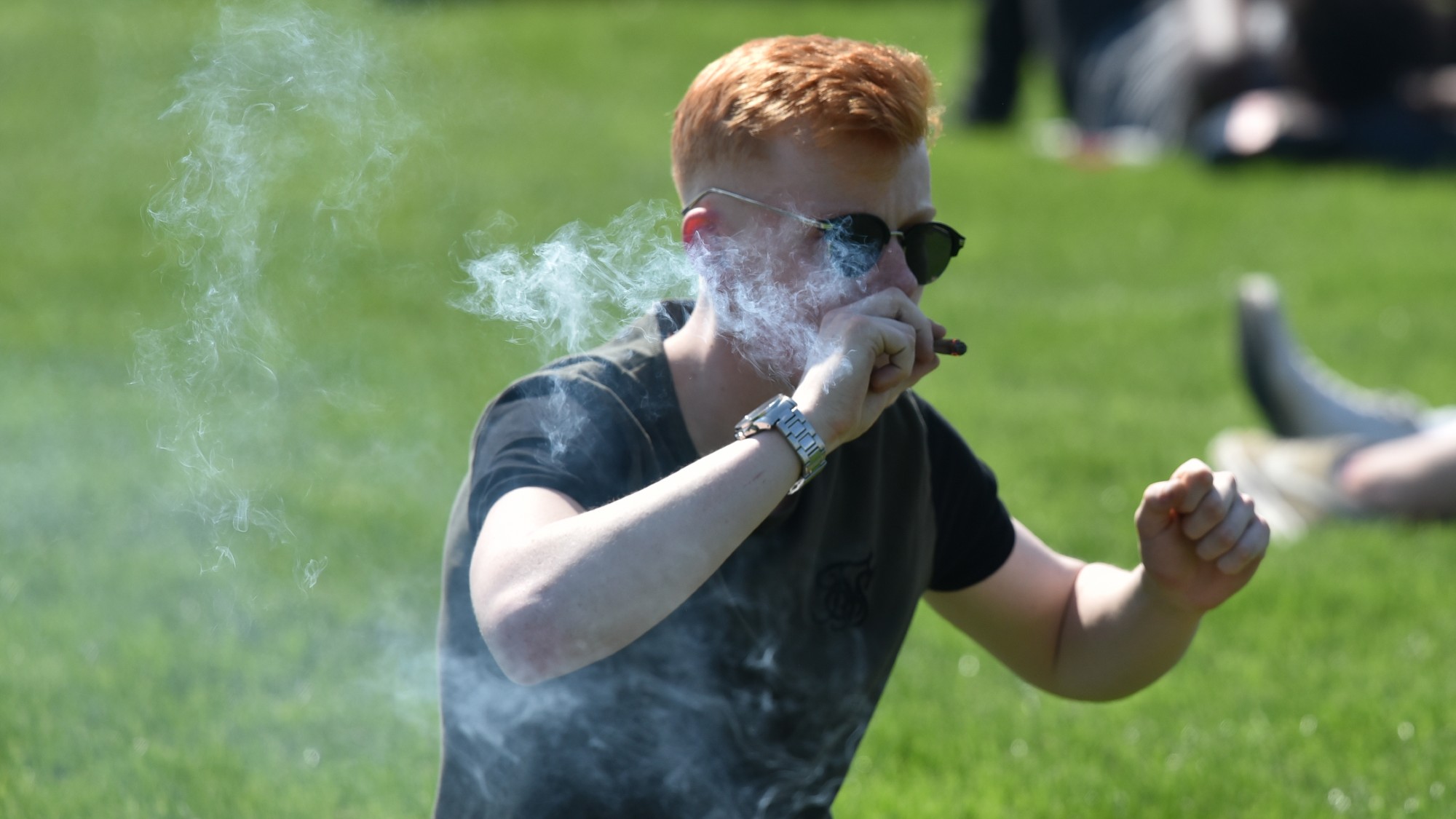
A free daily email with the biggest news stories of the day – and the best features from TheWeek.com
You are now subscribed
Your newsletter sign-up was successful
Sadiq Khan's recent call for possession of small quantities of cannabis for personal use to be decriminalised set himself on a collision course with the government.
In May, the Mayor of London backed a report by the London Drugs Commission, led by the Labour peer Charlie Falconer, which included 42 recommendations, including removing cannabis from the Misuse of Drugs Act – though it stopped short of suggesting full legalisation.
The current rules, said the report, were wasting police officers' time and souring police-community relations. But Angela Rayner, the deputy prime minister, poured cold water on the proposal, saying Labour had no plans to relax the laws on cannabis.
The Week
Escape your echo chamber. Get the facts behind the news, plus analysis from multiple perspectives.

Sign up for The Week's Free Newsletters
From our morning news briefing to a weekly Good News Newsletter, get the best of The Week delivered directly to your inbox.
From our morning news briefing to a weekly Good News Newsletter, get the best of The Week delivered directly to your inbox.
'Evidence-based reform rooted in common sense'
The report represents "yet another attempt to inject sanity into Britain’s archaic drug laws", said Simon Jenkins in The Guardian.
Among the many arguments it set out, it highlighted "the current law with respect to cannabis possession is experienced disproportionately by those from ethnic minority (excluding white minority) groups, particularly London's black communities". According to 2024 figures, Black people are four times more likely to be stopped and searched than white people, but are no more likely to be carrying cannabis.
Then there is the cost. Detainments for cannabis offences have set the taxpayers back well over £2.5 billion in the last decade. By contrast it is estimated that a regulated and taxed cannabis market could net the Treasury more than £1 billion annually.
"This isn't about promoting drug use, but about evidence-based reform rooted in public health and common sense", said Jon Robson, CEO and founder of Mamedica, a medical cannabis clinic, in City A.M. "Criminal sanctions have done little to reduce cannabis use, but they've caused real harm: young people burdened with lifelong records, patients denied treatment due to stigma and communities disproportionately targeted by outdated enforcement."
A free daily email with the biggest news stories of the day – and the best features from TheWeek.com
What is worse, this hardline approach is increasingly out of step with the rest of the Western world – and the British public.
A recent YouGov poll of 5,306 adults found that 54% of the British public think small amounts of cannabis for personal use should be decriminalised, compared to 34% who were opposed.
All the while, the UK is falling behind the likes of Portugal, Spain, Italy, Germany, Canada and numerous US states, which have either decriminalised or fully legalised recreational cannabis use in recent years. While not universally successful, these case studies have all recognised that "controlled regulation protects public health far better than prohibition", said Robson.
'Cannabis is a seriously harmful drug'
"Khan's plan for cannabis isn't just naive", said The Telegraph, "it's dangerously divisive."
He seems to believe that the "greatest harm arising from cannabis usage is that its policing might damage relations between the police and ethnic minorities, or that criminalising them might do more harm than the cannabis they consume", said The Spectator. "In this he is wrong.
"Cannabis, especially the very potent, high-THC cannabis which is now on the streets, is a seriously harmful drug" and "the production and distribution of it generates huge income for organised crime and even funds the people-smuggling trade".
In 2001, the commander of Lambeth police, Brian Paddick, briefly ran an experiment by empowering his officers to let off everyone caught with small amounts of cannabis with a caution. "It saved police time and enabled them to focus on more dangerous drugs", said Tom Calver in The Sunday Times, "yet as dealers flooded the borough, the number of cannabis offences actually rose by a third". A follow-up study by researchers at University College London concluded that the "total welfare of local residents likely fell" during the period.
As an NHS psychiatrist who witnesses on a daily basis the damage done by cannabis, "I see the tragic human fallout from our lackadaisical attitude towards cannabis", said Dr Max Pemberton in the Daily Mail. Research has shown that, "far from being the benign substance campaigners would have us believe, cannabis is a dangerous intoxicant that has a profound effect on the structure and function of the brain". The drug is to blame for about a third of psychosis cases in the capital, according to one study.
The whole idea of decriminalisation is "nonsensical", he said. "If we are going to accept that we have lost the war on this drug then, rather than turn a blind eye to its use, we must make it legal, regulate it and control it."
-
 What are the best investments for beginners?
What are the best investments for beginners?The Explainer Stocks and ETFs and bonds, oh my
-
 What to know before filing your own taxes for the first time
What to know before filing your own taxes for the first timethe explainer Tackle this financial milestone with confidence
-
 The biggest box office flops of the 21st century
The biggest box office flops of the 21st centuryin depth Unnecessary remakes and turgid, expensive CGI-fests highlight this list of these most notorious box-office losers
-
 President Trump: ‘waging war’ on Chicago
President Trump: ‘waging war’ on ChicagoTalking Point Federal agents are carrying out ‘increasingly aggressive’ immigration raids – but have sanctuary cities like Chicago brought it on themselves?
-
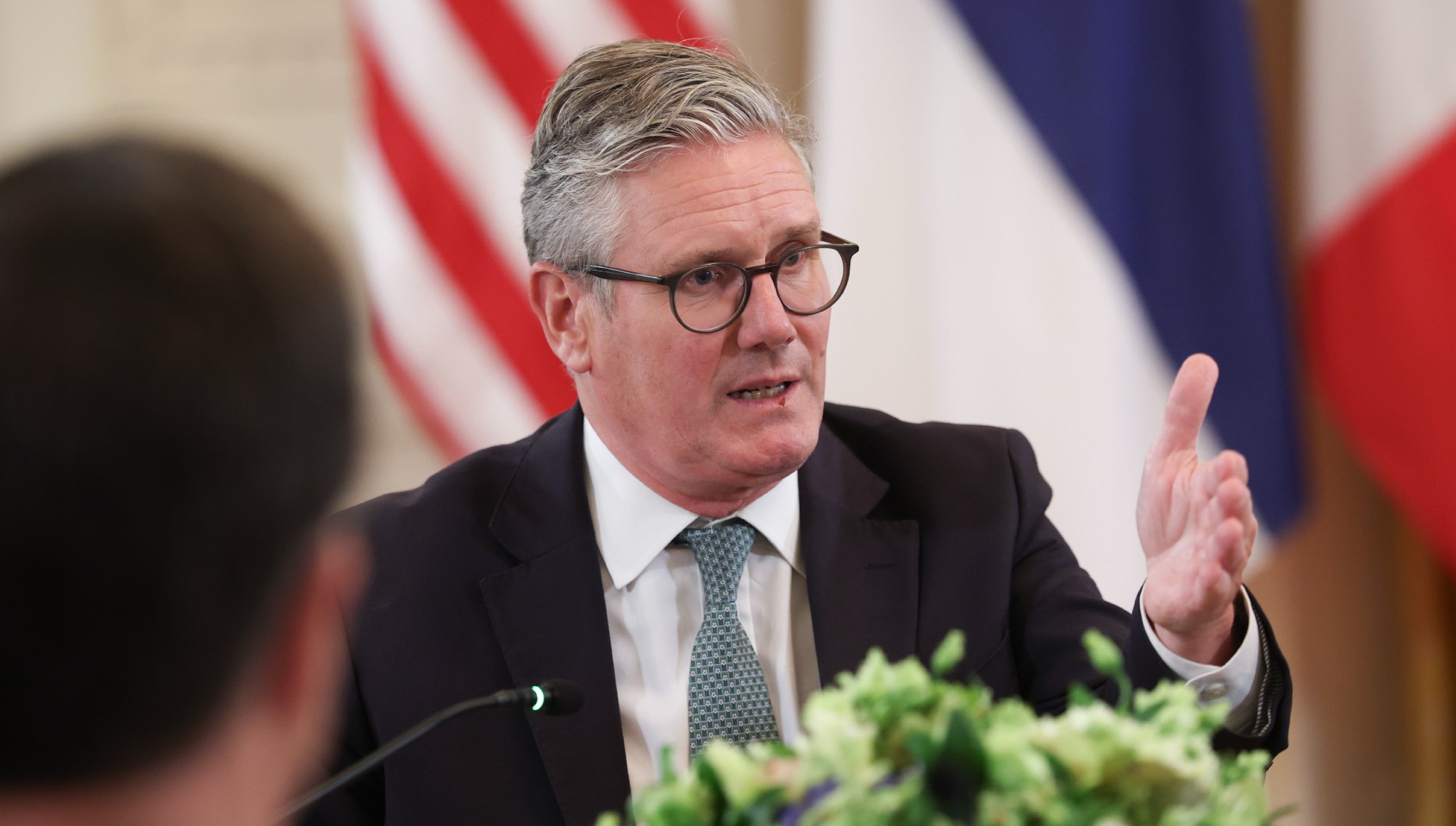 Should Britain withdraw from the European Convention on Human Rights?
Should Britain withdraw from the European Convention on Human Rights?Talking Point With calls now coming from Labour grandees as well as Nigel Farage and the Tories, departure from the ECHR 'is starting to feel inevitable'
-
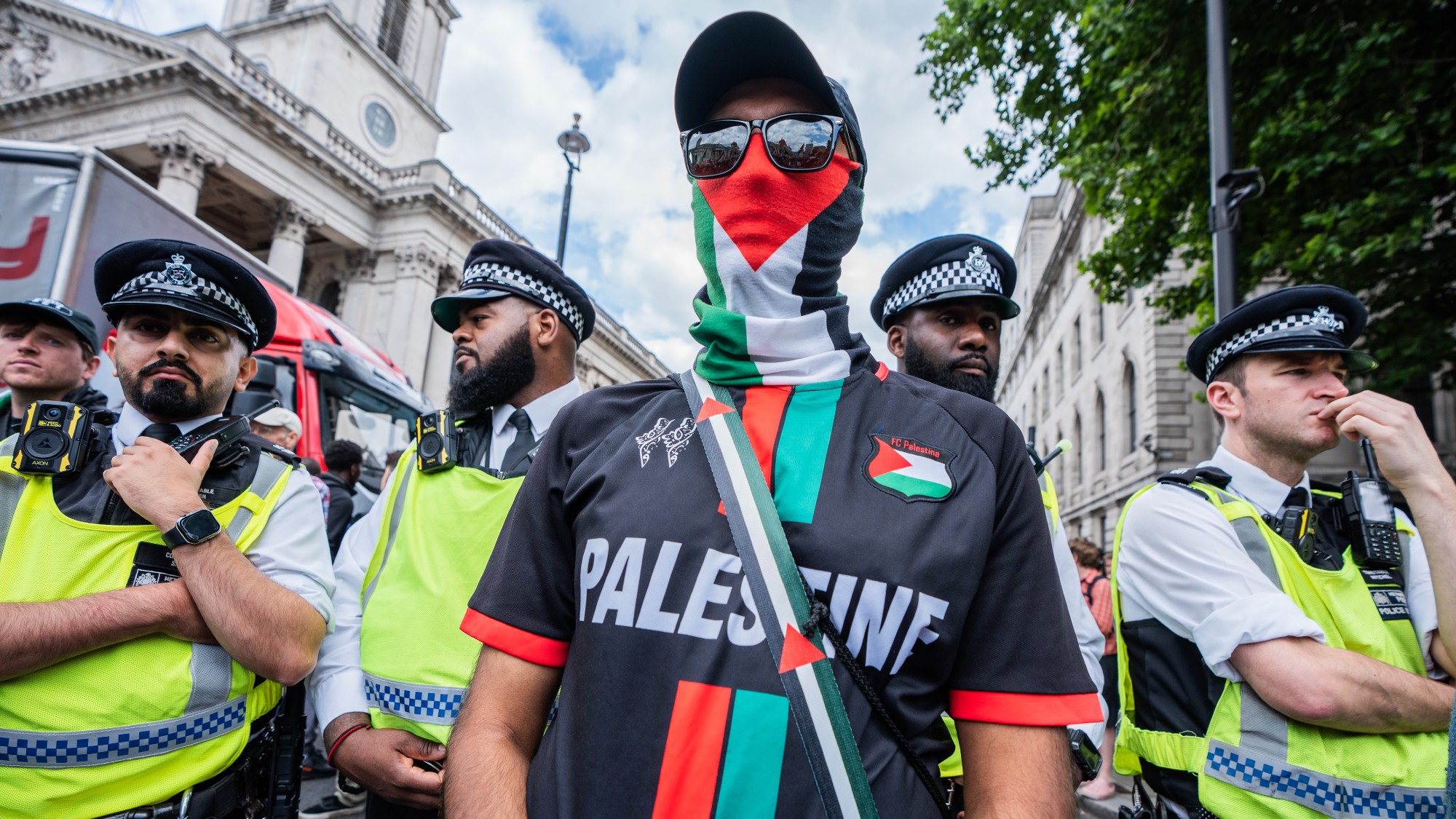 Palestine Action: protesters or terrorists?
Palestine Action: protesters or terrorists?Talking Point Damaging RAF equipment at Brize Norton blurs line between activism and sabotage, but proscription is a drastic step
-
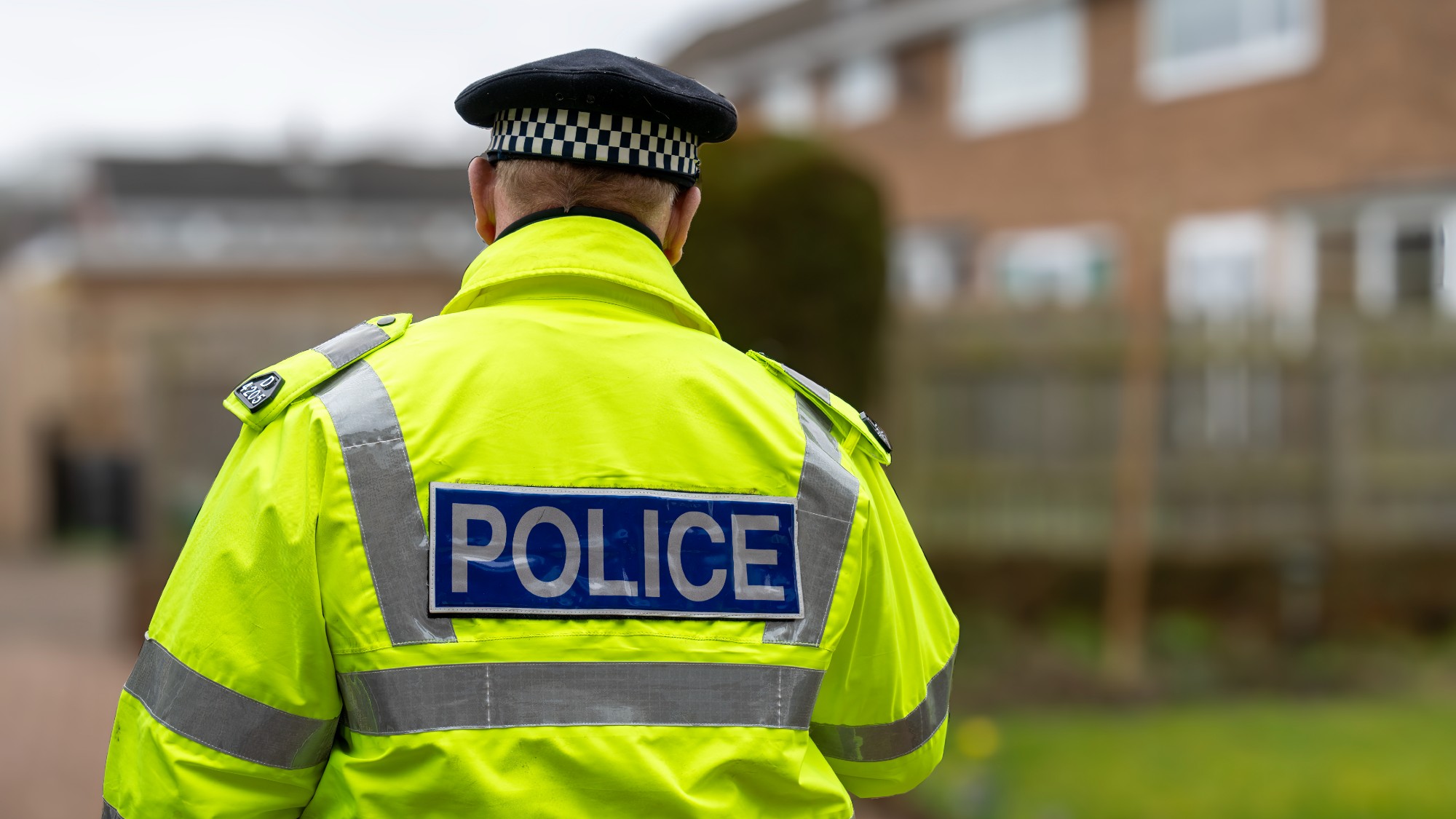 School disputes: a police matter?
School disputes: a police matter?Talking Point Cowley Hill lodged a police complaint against parents who criticised its recruiting process for a new head
-
 The UK 'spy cops' scandal, explained
The UK 'spy cops' scandal, explainedThe Explainer Undercover police targeting activist groups conducted intrusive surveillance, with some even embarking on relationships under assumed identities
-
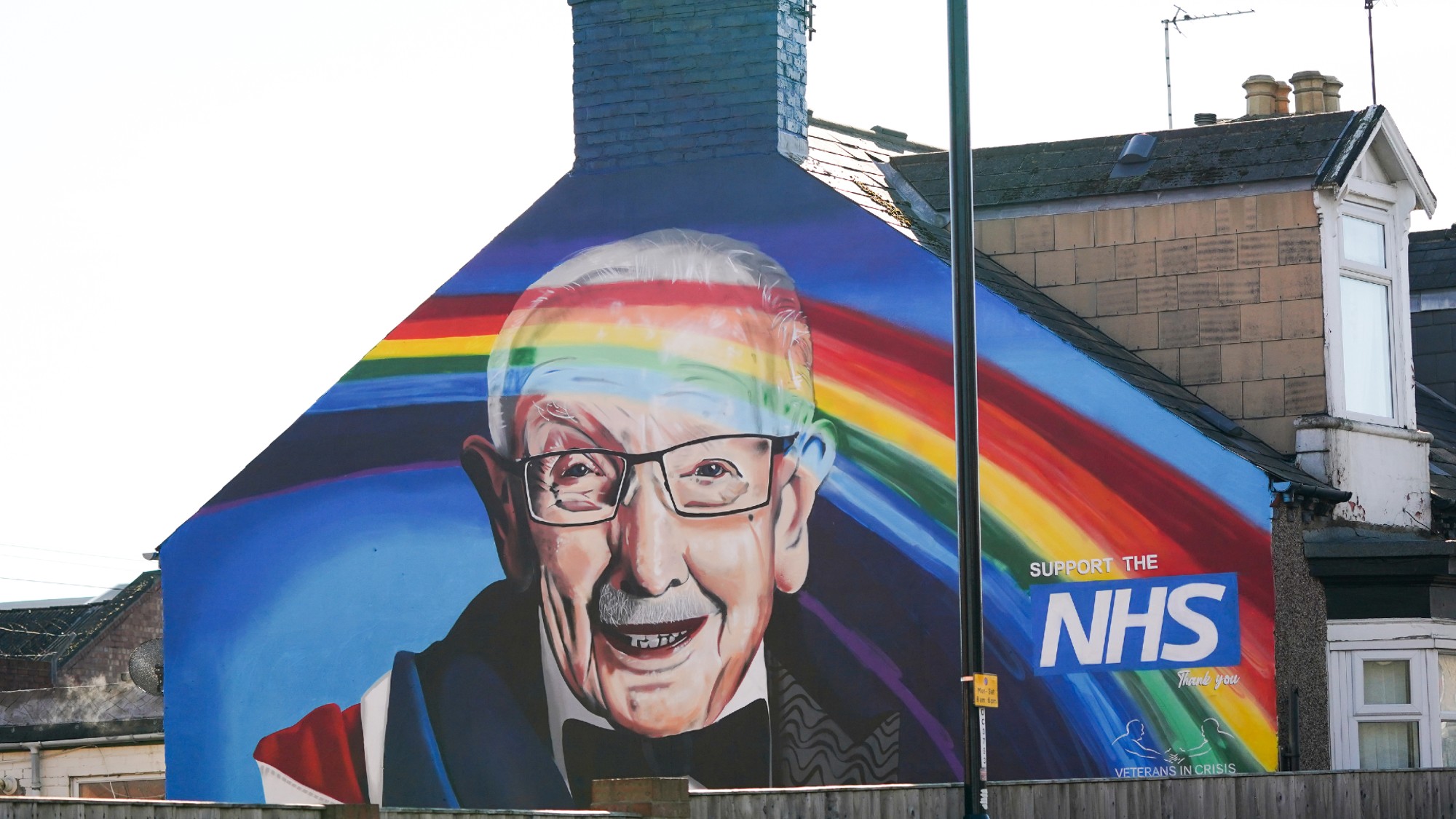 Captain Tom: a tarnished legacy
Captain Tom: a tarnished legacyTalking Point Misuse of foundation funds threatens to make the Moore family a disgrace
-
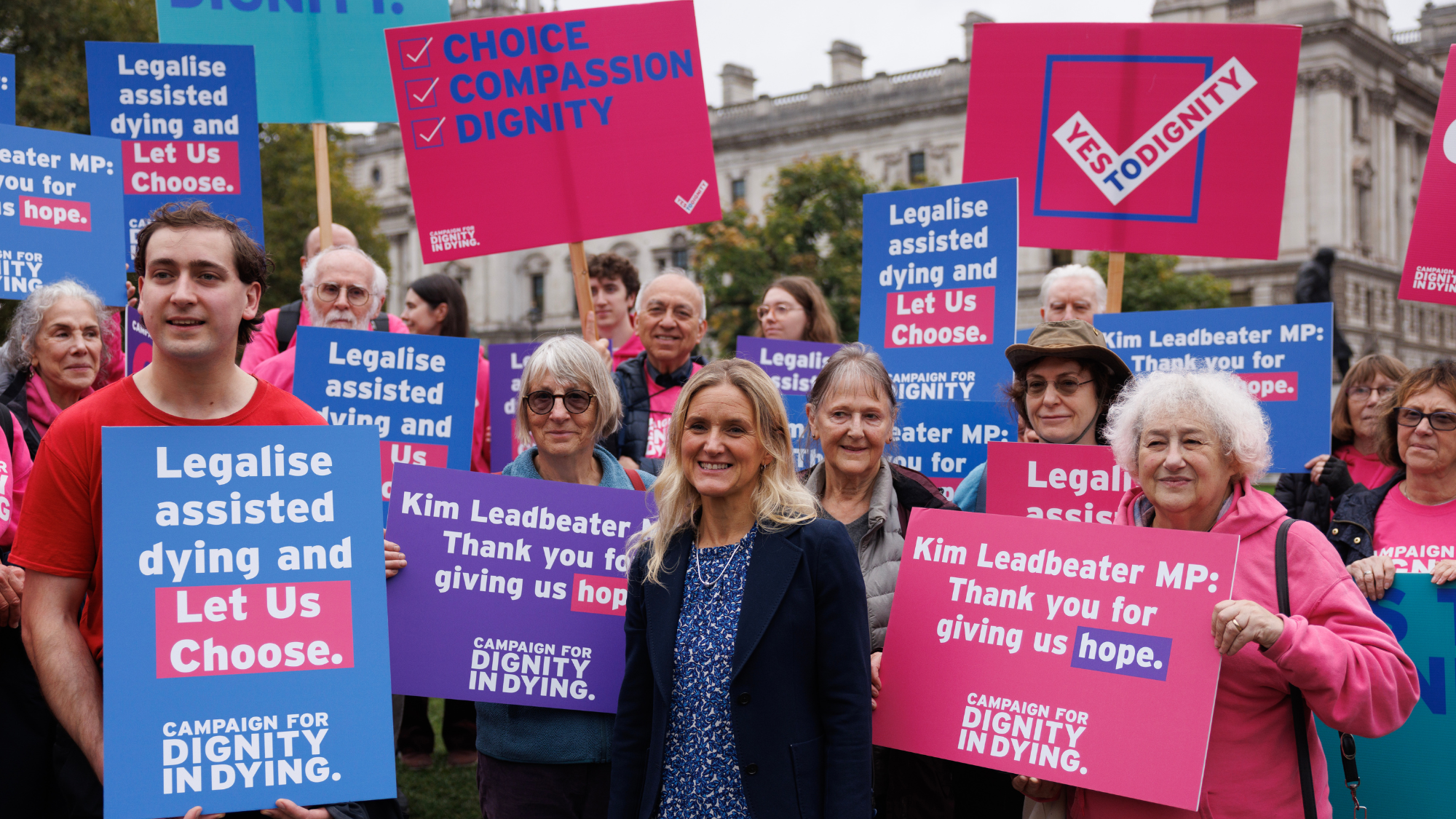 Assisted dying: what can we learn from other countries?
Assisted dying: what can we learn from other countries?The Explainer A look at the world's right to die laws as MPs debate Kim Leadbeater's proposed bill
-
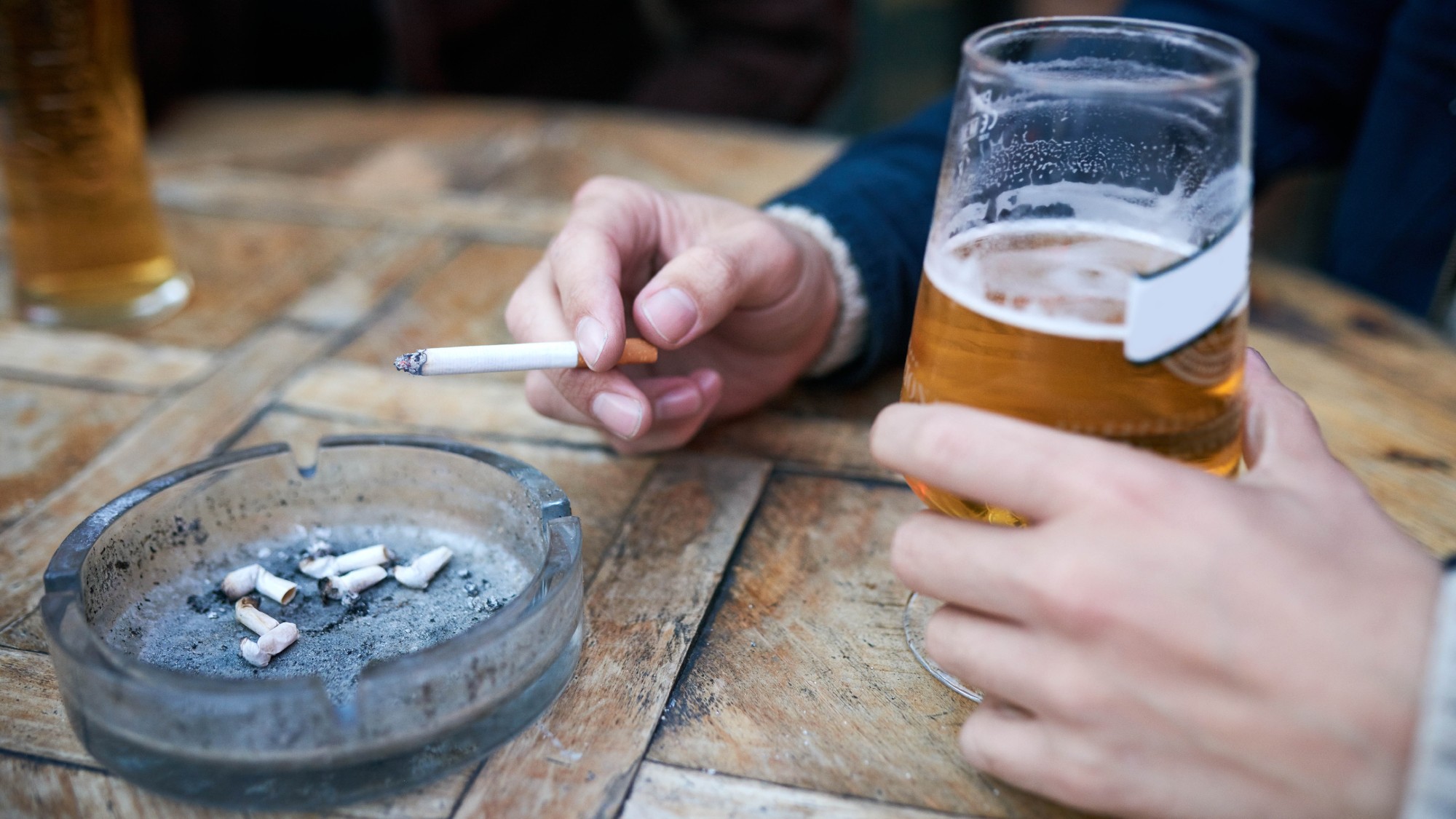 Smoking ban: the return of the nanny state?
Smoking ban: the return of the nanny state?Talking Point Starmer's plan to revive Sunak-era war on tobacco has struck an unsettling chord even with some non-smokers